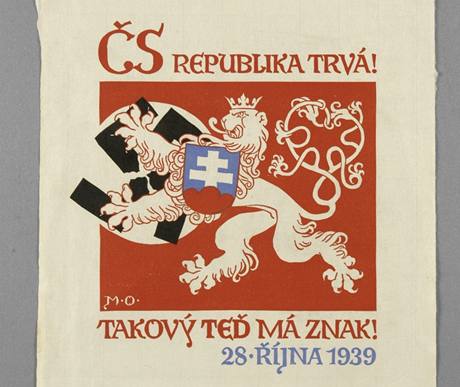On the issue of fascism and nazism: yes, names do matter, and accuracy, a daughter of understanding, is essential for clear political as well as ethical thinking. Without sweeping out too many corners of the maze, here is my brief take on the issue:
1. I don't think that using fascism and nazism interchangeably is historically or politically illegitimate. Historically, the two movements (and names) have been colored and affected by their prospective places of birth--Italy and Germany respectively. However, both fascism and nazism, as used later on, continued to evolve and they also contained characteristics that were general and not just national or a matter of the particular time and place. Still, I agree that, with respect to their goals, aspirations, and radicalism (going farther and deeper), nazism is a more radical form of this political species and hence also closer to its innermost genus. In this regard, it is, indeed, becoming very important to able to distinguish the lesser form (fascism) from its more virulent and more developed form--nazism.
2. Fascism may be then defined as a right-wing dictatorship that uses political, ideological, and thought terror to keep society in line. This dictatorship may be state as well corporate dictatorship, however, the two--state and corporate dictatorships tend to merge into one state corporatism.
3. Nazism is also a right-wing dictatorship, however, in contrast to fascism, its lesser or less developed form, it becomes fully committed to the principle of radical inequality among people (which is often manifested and perceived as racism). This radical inequality separates humanity into Overmen and subhumans--that is to say, into new masters (i.e., a master race) and new slaves or serfs. The people to be dehumanized and (re)enslaved can be singled out on the basis of various outward criteria, which could be ethnic, religious, political, ideological, linguistic, cultural, etc. In this regard, existing social and class divides are widened and sharpened to a point at which the relation between the masters and the rest becomes inhuman and reaches a point of "bestiality." To this effect, nazism needs in practice war, aggression, violence, and mass terror.
4. When the fascist oligarchy/dictatorship in Kiev (hailed by the West, the EU, the US, and NATO as a "democratic revolution") reached a point at which it carried out its Odessa massacre on May 2 followed by its repressive campaign in the east of Ukraine, it became a Nazi tyranny. For it designated ethnic Russians as subhumans and as "terrorists" by virtue of their mere existence.
5. Modern European nationalism exists in several basic main forms. The first is the modern nationalism forged by the rising modern centralized states, which were at first despotic, however "enlightened" they presented themselves to themselves or later to us. This nationalism was and is nationalism chiefly of so-called great powers, that is, (used-to-be) empires.
Jaroslav Čermák (1830-1878), A Czech patriot begging on Charles Bridge in Prague
In the 20th century, fascism and nazism also tried to claim for themselves not only a third way (an alternative to liberalism and communism), but also new nationalism. For some, fascism and nazism did become a new form of nationalism, this strategy on the part of fascism and nazism tried and tries to present their right-wing despotism and hate for others as a defense of one's nation threatened by foreign power and people. This fascist and nazi "nationalism" demands hatred for one nation or ethnic group (at a time) as a minimum.
Then, I would argue, there is also a fourth new form of nationalism, which may be confused with the third (national fascism) or can, indeed, at times come perilously close to it. It is a form of nationalism that, for cultural, religious or social reasons, cannot accept the communist ideology (which has, moreover, been more dead than alive). By its instinct and orientation, this new nationalism is conservative, it is against the New World Oder of the fascist-nazi corporate elites, and it is not xenophobic they way fascist and nazi "nationalism" is. In some way, this nationalism is an heir to the 19th century nationalism of self-determination, emancipation, and independence. In its essence, it is an enemy of fascism and nazism and their so-called nationalism.
6. There might be also a fifth form, which, in Plato (see Timaeus), would be the idea of the sick form (with fascism and nazism being not merely sick, but morbidly pathological). For the Czechs, this one would look like this (though it can also be and is often expressed much more vulgarly):




Since this column pertains to clarifying terms, could you provide your definition of "right-wing"?
ReplyDeleteThanks.